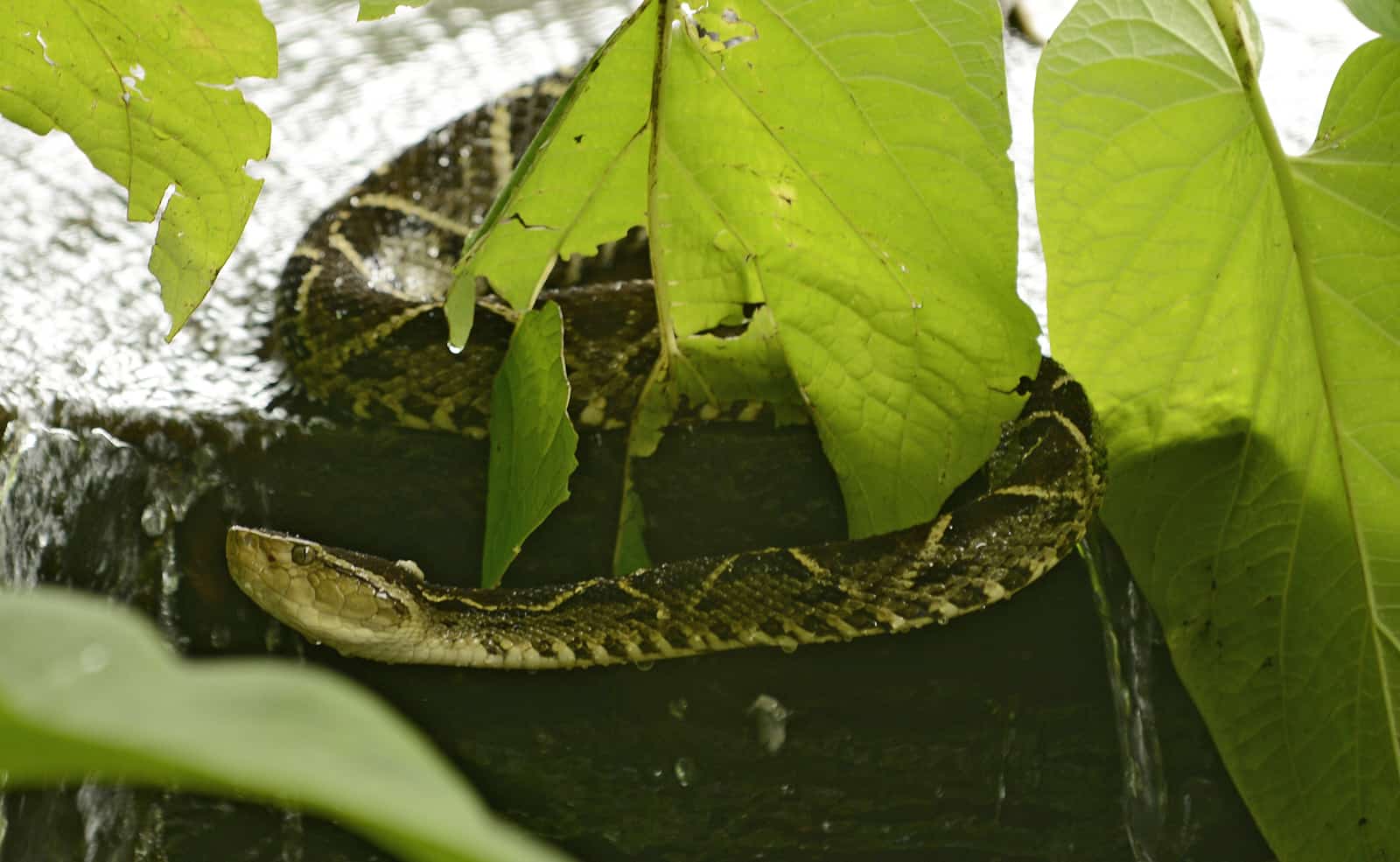At the 72nd Assembly of the World Health Organization (WHO), Costa Rica launched a global plan to cut snakebite mortality in half by 2030.
The roadmap will mobilize $80 million in funding to counteract the human consequences of venomous snakes, according to a press release from the Foreign Ministry.
“It is a great joy to see that WHO is following step-by-step the proposal that was promoted by Costa Rica since 2016 and adopted by the World Health Assembly in May 2018, so that there is an adequate response worldwide to this health problem,” said Elayne Whyte, Costa Rica’s Ambassador to the United Nations.
“Costa Rica has had the support of many countries, experts and organizations on this road, and the Director General of WHO, Dr. Tedros Adhanom Ghebreyesus, highlighted this strategy as one of the milestones of the WHO in 2019.
“Costa Rica must feel proud of this great achievement at a global level, which reflects decades of scientific work in our country.”
The plan is also headed by Nigeria, a country with a high frequency of snakebite mortality that has supported Costa Rica since it announced the initiative in 2016.
Objectives will include making safe and effective treatments available worldwide, strengthening health systems, and improving community education.
“Our universal health system with trained personnel allows us to deal with each case of snake bite in a timely fashion, preventing and reducing mortality,” said Daniel Salas, the Minister of Health. “At the global level, we can be a model in the approach to snakebites, which allows us to assume a leading role in confronting the problem at national, regional and global levels.”
WHO estimates 5.4 million snakebites occur each year, resulting in at least 1.8 million cases of envenoming (poisoning from snakebites) and 81,400 deaths.
Of the 140 species of snakes in Costa Rica, 23 are venomous, according to the Clodomiro Picado Institute.






